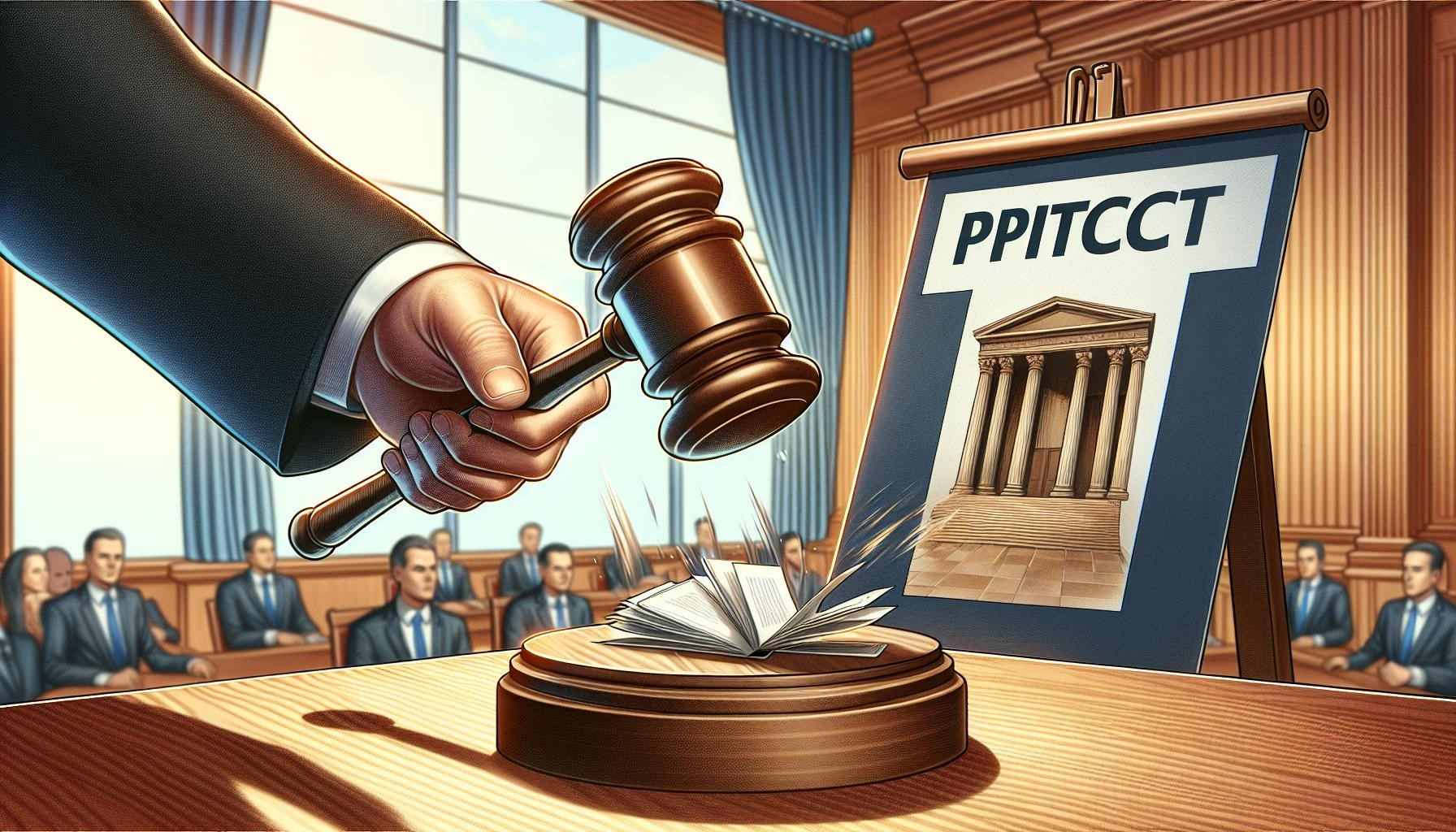Crowdfunding: It’s the modern-day dream machine, right? Pitch your idea, get the cash, and build the future. But what happens when those dreams turn into nightmares? When the product you were promised never shows up, or the whole thing just… implodes?
That’s when the lawyers get involved. We’re not just talking about angry comments on Reddit (though there’s plenty of that). We’re talking lawsuits. Accusations of broken promises, outright fraud. And even though platforms like Kickstarter and Indiegogo have disclaimers plastered everywhere, they often get dragged into the mess too.
Crowdfunding 101: How Does This Thing Even Work?
Okay, so let’s break it down. A creator has an idea – a video game, a gadget, whatever. They put it online, set a funding goal, and people pledge money. In return, backers get rewards – early access, the product itself, maybe a signed poster. If the goal’s hit, the creator gets the cash and (hopefully) delivers. If not, backers usually get their money back. Sounds simple, doesn’t it?
But here’s the catch: Crowdfunding lives in a legal no-man’s land. It’s not a donation, not an investment, and definitely not a guaranteed purchase. This is where the trouble starts. Is a pledge a contract? What can you do if the creator vanishes with your money?
Crowdfunding Fails: When Dreams Go Wrong (and Lawyers Show Up)
Let’s dive into some real-world examples where crowdfunding went south, leading to legal battles:
The Zano Drone: A Cautionary Tale
Remember the Zano drone? Tiny, packed with features, and promising to revolutionize aerial photography. It raised a massive £2.3 million on Kickstarter. Then, everything fell apart. Delays, buggy software, and finally, the company went bust, leaving thousands empty-handed.

While backers didn’t launch a huge lawsuit, the UK’s Insolvency Service investigated and banned the directors from running companies for years due to mismanagement. The lesson? Don’t overpromise.
The Coolest Cooler: Not So Cool After All
The Coolest Cooler: A cooler with a blender, a Bluetooth speaker, and a USB charger. It sounds ridiculous, but people loved it. Over $13 million pledged! But then… disaster. Production problems, design flaws, and just plain bad management meant many backers never got their cooler. Lawsuits followed, alleging breach of contract and deceptive practices. This became the poster child for crowdfunding gone wrong.
Ouya: The Android Console That Couldn’t
The Ouya console promised to shake up the gaming world with a cheap, Android-based system. It raised over $8.5 million on Kickstarter. What went wrong? Technical problems, a lack of good games, and ultimately, the company sold its assets to Razer. Backers felt betrayed. While no major lawsuit emerged, it showed how hard it is to compete with the big players.
Legal Minefield: Common Issues in Crowdfunding Disputes
So, what are the common legal problems that pop up in these cases?
- Breach of Contract: Backers say their pledge is a contract, and not delivering the reward is a breach.
- Consumer Protection Violations: Accusations of misleading advertising or unfair business practices.
- Fraud: In the worst cases, creators are accused of intentionally lying or stealing funds.
- Intellectual Property Problems: Projects sometimes run into trouble by infringing on patents or copyrights.
Backed a Dud? What Are Your Rights?
Okay, so you’ve backed a project that’s gone completely belly-up. What can you actually do?
- Talk to the Creator: Start by reaching out. Ask for updates, explanations, or a refund.
- Complain to the Platform: Kickstarter and Indiegogo have dispute processes. Use them.
- Consider Legal Action: You could sue. But it’s expensive and time-consuming, especially if the creator is in another country.
- Report to the Authorities: If you suspect fraud, contact the FTC or your state’s attorney general.
Remember: Crowdfunding platforms usually say they’re not responsible for project outcomes. They’re just a platform, they claim. But some have been criticized for not doing enough to protect backers.
Creators: Be Responsible!
If you’re running a crowdfunding campaign, you have a duty to your backers. That means:
- Regular Updates: Keep people informed, even when things are tough.
- Responsible Spending: Use the money for its intended purpose.
- Realistic Timelines: Don’t overpromise!
- Honest Communication: If you’re facing problems, be upfront about it.
Messing this up can lead to legal trouble and ruin your reputation.
Platforms: Step Up!
Crowdfunding platforms can help prevent legal issues by:
- Better Vetting: Carefully check projects before they launch.
- Clear Terms: Make sure backers understand the risks.
- Dispute Resolution: Help resolve conflicts.
- Creator Education: Give creators the tools they need to succeed responsibly.
The Future of Crowdfunding: Proceed With Caution
Crowdfunding is still a great way to fund innovation. But the legal battles show we need more transparency, accountability, and protection for backers. Backers need to be aware of the risks, creators need to be responsible, and platforms need to play a more active role in ensuring fairness.
The legal rules around crowdfunding are still being written. As more cases go to court, we’ll get a clearer picture of everyone’s rights and responsibilities. Until then, do your homework, be careful, and remember that crowdfunding is never a sure thing.
Crowdfunding FAQs: Your Legal Questions Answered
Q: Is a crowdfunding pledge legally binding?
A: It’s complicated. Some courts say yes, others say no. It depends on the specific terms and conditions.
Q: Can I get a refund if a project fails?
A: Unlikely, but not impossible. You can try to negotiate or sue, but there’s no guarantee.
Q: What should I look for before backing a project?
A: Research the creator, read the fine print, and be realistic about the risks. Don’t invest more than you can lose.
Q: What if the creator goes bankrupt?
A: You’re probably out of luck. You’d be a low-priority creditor.
Q: Are crowdfunding platforms responsible for failures?
A: Usually not. But they could be liable if they engage in deceptive practices.


